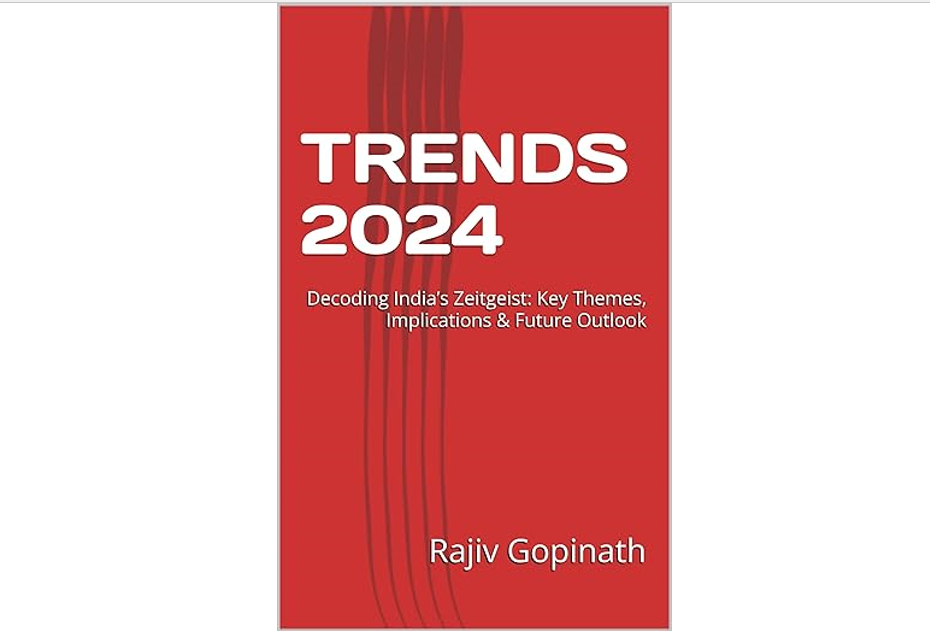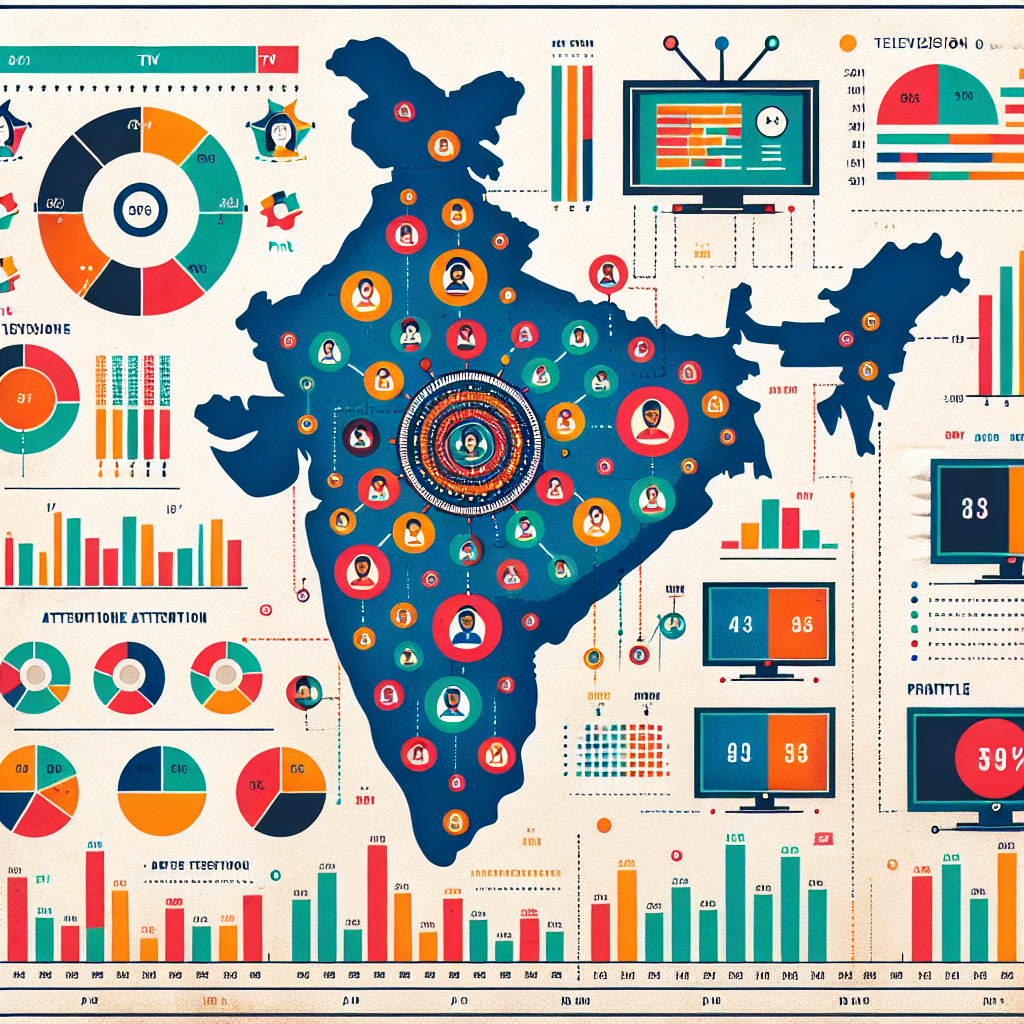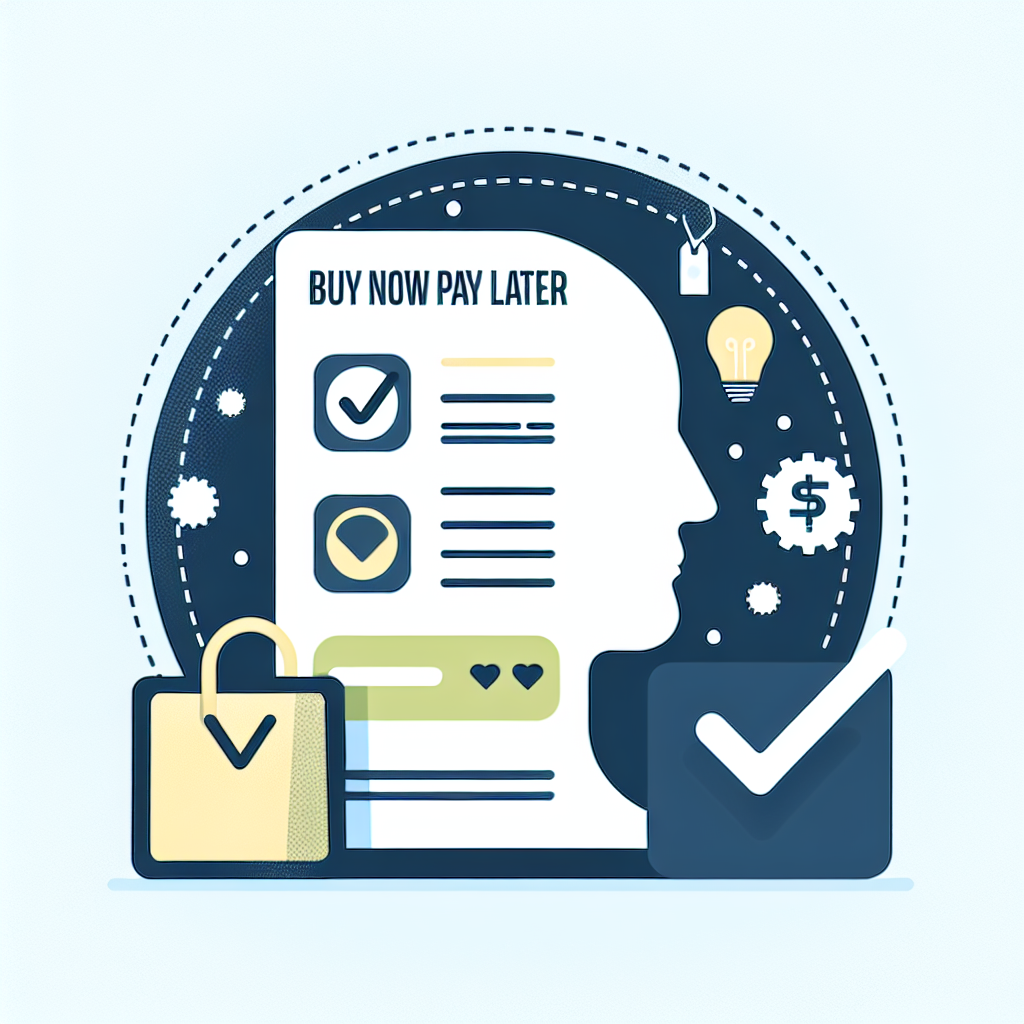How Zero-Knowledge Proofs Could Revolutionize Digital Marketing
As Ray sat in a marketing conference last year, a speaker posed a provocative question: "What if we could target ads with perfect precision without knowing anything about our customers?" The room fell silent. It seemed paradoxical—marketing had always been built on knowing more, not less, about consumers. That moment sparked Ray’s journey into exploring zero-knowledge proofs, a cryptographic breakthrough that promises to resolve the fundamental tension between personalization and privacy in digital marketing.
Introduction
The digital marketing landscape stands at a crossroads. With increasing regulatory pressure from GDPR, CCPA, and the demise of third-party cookies, marketers face unprecedented challenges in targeting and measuring campaigns. Simultaneously, consumer privacy concerns continue to intensify, with Pew Research reporting that 79% of Americans are concerned about how companies use their data. This tension between personalization and privacy appears irreconcilable—until we consider the transformative potential of zero-knowledge proofs (ZKPs).
Zero-knowledge proofs, a cryptographic method allowing one party to prove knowledge without revealing the information itself, may represent the most significant paradigm shift in advertising technology since programmatic advertising. By enabling verification without disclosure, ZKPs could fundamentally restructure the digital marketing ecosystem, creating a new privacy-first framework that satisfies both marketers and consumers.
Key Innovations
1. Privacy-Preserving Audience Targeting
Zero-knowledge proofs enable what Professor Arvind Narayanan of Princeton calls "blind targeting"—allowing advertisers to reach specific segments without accessing underlying user data. Google's Privacy Sandbox initiative provides an early example through its Topics API, which leverages similar principles by keeping user interests on-device while enabling relevant advertising.
The evolution from data-harvesting to privacy-preserving targeting represents a profound shift. As McKinsey's research indicates, companies implementing privacy-first targeting solutions are seeing only a 10-20% reduction in campaign effectiveness while dramatically improving consumer trust metrics.
2. Trust-Based Attribution Models
Traditional attribution relies on cross-site tracking, creating fundamental privacy concerns. Zero-knowledge attribution systems, such as those being developed by the Post-Cookie Alliance, allow conversion measurements without revealing individual user journeys.
Meta's Conversions API represents an interim step toward this vision by limiting data sharing between platforms. However, true zero-knowledge attribution systems would go further, enabling marketers to verify campaign performance without accessing any raw user data whatsoever.
3. Decentralized Identity Solutions
The concept of self-sovereign identity, enhanced by zero-knowledge capabilities, represents a fundamental rethinking of digital identity. Microsoft's ION project and Brave Browser's privacy-preserving ad platform demonstrate how users can maintain control of their data while still enabling relevant advertising experiences.
Marketing strategist Doc Searls predicted this shift in his seminal work "The Intention Economy," arguing that control would eventually shift from companies to consumers. Zero-knowledge proofs provide the technological foundation for this vision, allowing consumers to prove their purchasing intent without revealing their identity.
4. Verifiable Market Research
Market research traditionally faces a trade-off between depth and privacy. Zero-knowledge surveys, as proposed by researchers at ETH Zurich, would allow companies to collect aggregate insights without accessing individual responses.
This innovation aligns with the rise of what Harvard Business Review terms "mindful marketing"—approaches that respect consumer autonomy while still generating actionable business insights.
Strategic Implications
The transition to zero-knowledge marketing requires a fundamental strategic realignment. Organizations must shift from data accumulation to data minimization, developing new metrics and approaches that respect privacy boundaries while driving business outcomes.
Philip Kotler, the father of modern marketing, recently noted that "the future of marketing lies not in knowing more about customers, but in building systems that respect what we shouldn't know." This perspective requires marketers to develop new skills in privacy-enhancing technologies and data ethics.
Early adopters like Apple have already demonstrated the market advantages of privacy-forward positioning. Their App Tracking Transparency initiative, while controversial in advertising circles, drove significant brand loyalty increases among privacy-conscious consumers.
Implementation Challenges
Despite their promise, zero-knowledge proofs face significant implementation hurdles. Current solutions require substantial computational resources, though recent advances in "SNARKs" (Succinct Non-interactive Arguments of Knowledge) have dramatically improved efficiency.
Integration with existing martech stacks remains complex, as highlighted in Gartner's recent Marketing Technology Survey, which found that only 12% of enterprises have concrete plans to implement privacy-enhancing computation techniques in their marketing operations.
Conclusion
Zero-knowledge proofs represent a paradigm shift that could finally resolve the tension between personalization and privacy in digital marketing. As regulatory pressures mount and consumer expectations evolve, these cryptographic innovations offer a path forward that maintains marketing effectiveness while respecting fundamental privacy rights.
The transition will not be instantaneous. As MIT Technology Review notes, the full implementation of zero-knowledge systems in marketing may take 3-5 years. However, organizations that begin the transition now will gain first-mover advantages in building consumer trust and regulatory compliance.
Call to Action
The time for marketers to engage with zero-knowledge technologies is now. Begin by auditing your current data practices to identify opportunities for privacy-enhancing technologies. Engage with emerging standards bodies like the Privacy-Preserving Advertising Technology group to shape industry practices. Most importantly, reframe privacy not as a constraint but as a catalyst for innovation—one that will ultimately create more sustainable customer relationships in the privacy-first future.
By embracing zero-knowledge approaches today, marketers can position themselves at the forefront of the next revolution in digital advertising—one built on proving value without compromising values.
Featured Blogs

TRENDS 2024: Decoding India’s Zeitgeist: Key Themes, Implications & Future Outlook

How to better quantify attention in TV and Print in India

AI in media agencies: Transforming data into actionable insights for strategic growth

How the Attention Recession Is Changing Marketing

The New Luxury Why Consumers Now Value Scarcity Over Status

The Psychology Behind Buy Now Pay later

The Rise of Dark Social and Its Impact on Marketing Measurement

The Role of Dark Patterns in Digital Marketing and Ethical Concerns








